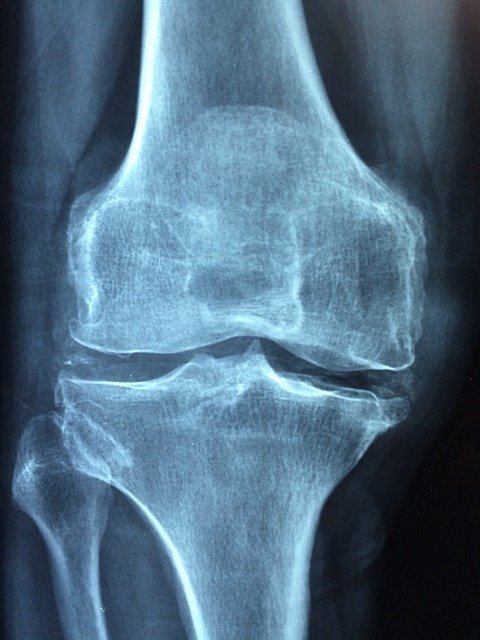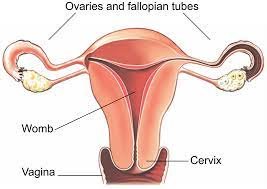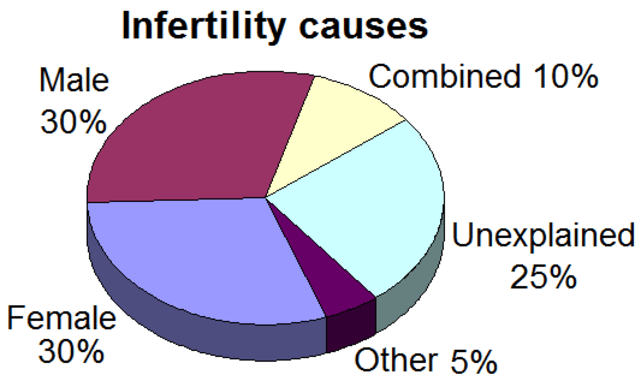Information on this site shall be considered as holistic, alternative and spiritual advice only. For medical advice and treatment a GP, medical professional and/or Certified Hijama Therapist should be consulted. In all circumstances where lifestyle changes, supplements, or other foods are suggested your GP should be consulted. Client Safety is the number one priority.
Cupping / Hijama Points Treatment Plan for Mental Retardation
Allow 2-4 weeks between sessions – longer if required. Hijama Points shown for each session should ONLY be used to guide the therapist. Body size, cup size, and any other conditions need to considered and appropriate care and attention taken. The number of sessions shown can be increased or reduced depending on the condition of the client.
Complete Treatment Plan
Click here for Session 1Click here for Session 2
Click here for Session 3
Standard Wet Points – 1,55,101,36,32,2,3,120,49,11,12,13
Click here for Hijama Points on the front of the bodyClick here for Hijama Points on the back of the body
Click here for Hijama Points on the head and face
If the client has a complicated history and numerous concerns then it is a good idea to use our online consultation service – click here.
Which body part or function is involved in Mental Retardation?
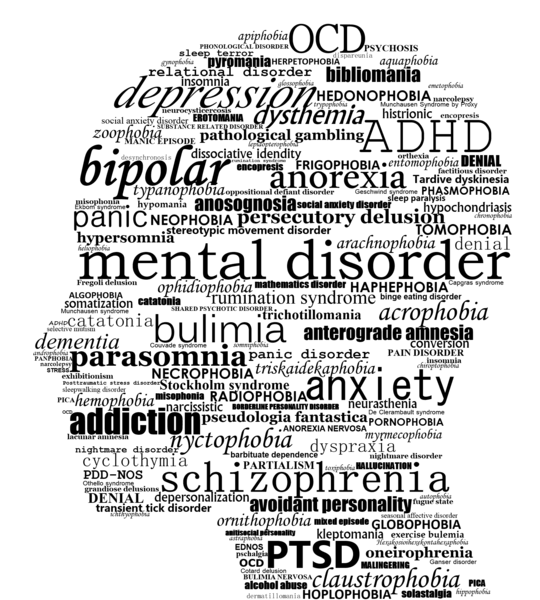
Mental Retardation (MR) is also called intellectual disability, is characterized by low-average intellect or mental ability and a deficiency of skills fundamental for day-to-day living. People with intellectual disabilities can and do learn new skills, but they learn them more gradually. There are ranging degrees of intellectual disability, from moderate to profound. The term “mental retardation” is no more used, as it’s terrible and has an adverse tone. Also known as this, this suggests an individual’s ability to question, make judgments, and solve problems. Adaptive behaviors. These are skills necessary for day-to-day life, such as being able to talk easily, communicate with others, and take care of oneself. IQ (intelligence quotient) is assessed by an IQ test. The average IQ is 100, with the prevalence of scoring between 85 and 115.
A person is supposed mentally retarded if they have an IQ of less than 70 to 75. Some causes of intellectual disability can be prevented. The most general of these is fetal alcohol syndrome associated with women who used to drink alcohol during pregnancy. Getting adequate prenatal care, taking a prenatal vitamin, and getting vaccinated against specific infectious diseases can also reduce the risk that your child will be born with mental retardation. For families with a history of genetic disorders, genetic testing may be instructed before conception. Many tests, such as ultrasound and amniocentesis, can also be conducted during pregnancy to look for issues related to mental retardation. Although these tests may specify health issues before birth, they cannot treat them. The statistical prevalence of MR is nearly 2% to 3%, although majority ratios determined by ascertainment may be closer to 1% due to methodologic problems in recognizing the individual. Many of such recognized people “lose” their diagnosis of MR as adults, when charges on academic skills are fewer, they connect in vocational activities that are based on their learned strengths.
What are the symptoms and effects of Mental Retardation on the body?
In people with serious or deep intellectual disabilities, there may be other health issues as well. These issues may include seizures, mood disorders, motor skills damage, vision problems, or hearing problems. Anytime something intrudes with normal brain growth, mental retardation can result. Though, a certain cause for mental retardation can only be identified about a third of the time.
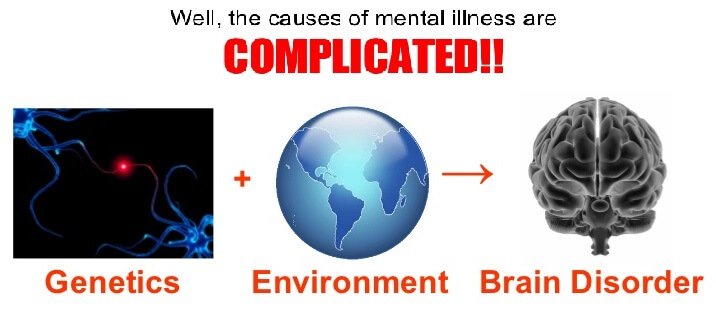
There are several signs of mental retardation in children. Symptoms may arise during infancy, or they may not be visible until a child surpasses school age. It is often based on the severity of the disability. Some of the most often signs of mental retardation are:
- Whirling over, sitting up, crawling, or walking late
- Low communication level or having g trouble with talking
- Slow to master things like, dressing, and feeding themselves
- Difficulty recalling things
- Inability to build a connection between actions with consequences
- Behavior issues such as volatile tempers
- The complication with problem-solving or logical reasoning
The most common causes of mental retardation are:
- Genetic conditions. These involve disorders like Down syndrome and fragile X syndrome.
- Troubles during pregnancy. Things that can infringe on fetal brain growth include alcohol or drug intake, malnutrition, several infections, or preeclampsia.
- Complications during labor. Mental retardation may result if a baby is restrained from oxygen during childbirth or born prematurely.
- Illness or trauma, Infections like meningitis, whooping cough, or measles can cause mental retardation. Serious head injury, near-drowning, extreme malnutrition, brain disorders, disclosure to harmful substances such as lead, and drastic neglect or abuse can also lead to MR.
- In 10% of all children who have mental retardation, the cause is unknown.
- For families with a record of genetic diseases, genetic testing may be suggested before planning pregnancies.
What changes in diet can help improve symptoms of Mental Retardation?
Make sure Food is of suitable quality and quantity. Add a Variety of fruits to your diet like vegetables, and whole grains. Food is stored and prepared with safety and perfection. Plentiful whole plant foods. Low cholesterol, moistened, and trans-fat foods. A small number of simple sugars and salt. Extra plant proteins (beans, nuts, grains) and fewer and fewer animal proteins (meat). Intake of vitamin/mineral supplement.
Changes in lifestyle which can help Mental Retardation
Underlying some of the tips and lifestyle changes that may help your mentally disabled child:
- Discover and learn everything you can about intellectual disabilities. Especially your child, focus on your child’s patterns and disability to get to know more.
- Facilitate your child’s independence.
- Make your child get into group activities and artworks.
- Stay involved with your child in each and every activity.
- Make communications with other parents of intellectually disabled children.
Possible alternative remedies for Mental Retardation
If you are suffering from mental retardation, down there we have listed some home remedies that can help you improve your mental condition like, absent-minded, confused behavior, dullness, memory weakness, awkwardness. Remedies are:
- Use of Baryta Carb
- Use of Abrotanum
- Use of Calcarea carb
- Use of Fungus remedies
- Use of Medirinum

